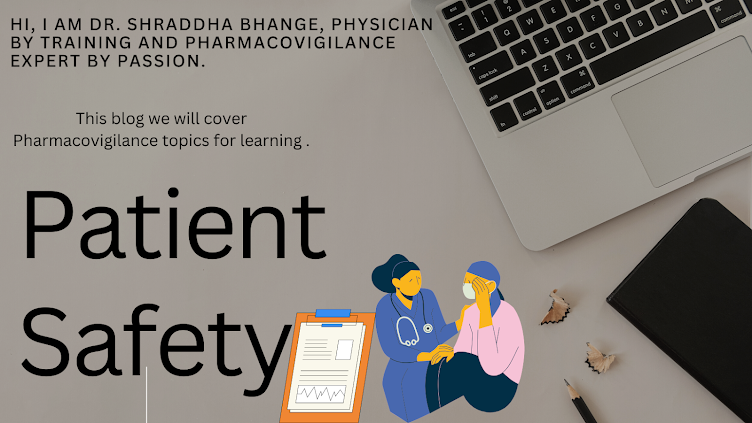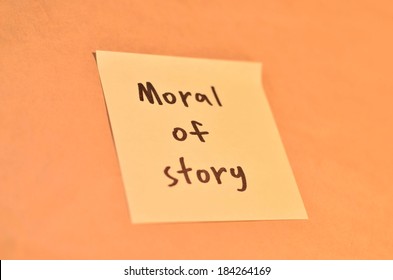Job opportunities in Pharma!!!!!
Lot of healthcare professionals want to venture in the world of
corporate pharmaceutical industry but yet, many remain skeptical and clueless.Reasons for it are many and one of the reasons is sometimes they have an idea from google or someone they know, but they
want to know more from someone who can direct them in more detailed manner.Unfortunately this someone is not available easily with honest guidance. (*I have special reference to one of the institutes offering excellent courses in this domain at the the end of my blog,do check).
I came to know this situation, because I get approached by many
MBBS/BDS/BAMS/B.Pharm pass out students on how do they start their
journey and what is career prospects in this domain? Most of the time, they
approach me on facebook/linkedin/Quora where it is really difficult to
summarize and guide them via chat.Hence this blog.
But before
i open the topic, i would like to clarify that I am not an
industry expert neither claim to have deep knowledge in this area. I have
decided to write my 2 cents of knowledge to help someone looking for a starting point to begin their career in pharmaceutical industry.
To start with, I have enlisted few of the different areas in Pharma industry where
healthcare professionals are required along with the job titles as an example below. But this is neither exhaustive list nor it is bulletproof, it should be taken just as reference.
- Clinical operations
| shutterstock |
We do
know that clinical research is the backbone of getting newer or lets say better drugs
in the market. Conducting clinical research is a long term process
which involves multiple stakeholders including physicians and
other HCP (health care professionals).
To run a
clinical research project i.e. clinical study/trial, pharmaceutical companies
need people who understand the patient and his/her medical status to understand the
disease, the medicinal product being researched, how it will help the disease etc.
Companies are looking for a healthcare professional with good understanding of
clinical trials, inclusion/exclusion criteria to recruit patients, monitoring
of the trials, writing clinical protocols, taking informed consent from
patients, and to monitor the safety of patients during clinical trials and so on.
The Job titles that are most commonly referred are Medical Monitor, CRA,
Clinical and Safety Associate/Manager/Head. As someone gradually progresses in career, usually the
preference is for MD.Pharmacology for the topmost position in department (at least in India).
2. Pharmacovigilance (PV)
There is tons of information including definition of pharmacovigilance
online, but instead of technical jargon, I am taking the approach of writing it
in layman's language. So basically PV is about collection and analysis of
side effects or adverse events associated with drugs and then taking decision
regarding the drug based on data collected to ensure drugs are safe for
patients as treatments.
The job titles or roles available are pharmacovigilance expert/medical
reviewer/safety physician/drug safety advisor/medical director/safety leader.
Although the job primarily starts with reviewing the side effects/adverse event reports
of patients, it is much more beyond that, extending to the challenging and
fulfilling role of being responsible for a drug for its safety and efficacy and
taking decisions regarding its life cycle.
3. Medical Affairs
Medical affairs is the most important department which is central glue
to all other departments mentioned herein, more so in Indian Pharma companies,
where they play varied and crucial role in every domain. The primary role of
medical affairs is to help pharma companies to write scientific
literature,product information and to meet with the other practicing doctors to
create awareness regarding the availability of their better and effective
drugs. Apart from the primary responsibilities mentioned herein, they help in
other areas like clinical operations,pharmacovigilance,medical writing etc.
The medical affairs department job titles include Medical advisor/Medical head/brand leader/Medical affairs head,medicomarketing
manager(not used much now) etc.
4. Clinical Data management
Well, we
are in a world where information is the currency, but unless its converted into
meaningful data, it cannot be used, right? Clinical data management forms the
core of any pharma company especially those dealing with new products and where
clinical data managers play varied roles and responsibilities. They
help in collecting and maintaining patient data and all other associated data
collected during the clinical trial and store it in secure database,code it,retrieve it, analyse it and so on.
Different titles in this domain are clinical data associate, clinical
data analyst, clinical data manager , director etc.
 |
| www.indiamart.com |
5.Regulatory affairs
The regulatory affairs department is responsible for obtaining
permissions and fulfilling requirement or requests from regulatory agencies/health
ministries for company drugs. Different activities
that they perform are obtaining approval
for new drugs from health ministries (they are called as regulatory agency or
health authority) and ensuring that permission is maintained for as long as the
company wants to keep the product on the market.They also are responsible for
different requests such as dossier preparation, maintenance of product
information etc as per legal requirements led down by Health authorities.
The different titles available in this field are regulatory affairs
associate, manager, director, specialist.
6.Medical writing
Medical writers are responsible for writing medical documents that
present information clearly and concisely. This can be any documents such as
marketing materials, drug information documents, clinical study protocols,
pharmacovigilance reports,IB,clinical study report etc.
There are limited opportunities for MBBS per se, but if someone is
passionate then of course,they can find a way.
There are other departments as well in pharma companies for jobs for HCPs, however on practical note, i have presented those that are most commonly known, and are easily accessible to apply for a job role.
Growth opportunities : I would like to finish the topic by putting my 2 cents about growth in this career. Remember that as for any other career same rule applies here too, growth depends on number of factors, your skill, attitude, hardwork and availability of opportunity at right time for you etc.
Special tip for doctors: Doctors if you do decide to join this domain, you should do it because you actually like it. I have seen many doctors who are not prepared to follow 9 to 5 time routine, deal with documentation, not ready to accept the criticality of the work in absence of actual patient standing in front of them, not ready to learn soft skills needed in corporate sector, not ready to learn new computer skills, and not ready to apply medicine knowledge in different corporate sector. Please know the differences in hospital and corporate job, and then take conscious decision of joining whichever field appeals to you.
Further reading and training : I will try to include more resources for reading, learning and institutes offering both in my next blog.
As far the institutes, let me start in this blog post with special mention to RISETRAINING who are doing excellent job in providing courses for Pharmacovigilance, Medical Writing, Computer System Validation and Argus Administrators. They also provide Job Consultation and 100% placement guarantee. And the best part is they are Training Students both online and offline. Check out more details @ http://www.risetrainings.com/
I hope this has given bit more clarity and help to readers, and I wish you the best for your career, whatever field you choose.
Thanks for reading,
Dr.shraddha Bhange.
Connect with me Via comments below.
Support the cause of better rural education with me:ThinkSharp Foundation http://thinksharpfoundation.org/#home
(Images are taken directly from Google).
(Images are taken directly from Google).





